Pennsylvanian residents have some options when deciding how to fight debt. One of these options is bankruptcy. Though there are several types of bankruptcy to look at, we will focus on Chapter 13 today.
In specific, we will take a look at your obligations as a debtor. When filing for Chapter 13 bankruptcy, there are certain obligations to fulfill. You must meet these obligations for a successful bankruptcy free of issue.
The filing process for bankruptcy
The United States Bankruptcy Court looks at information for Chapter 13 bankruptcy. They discuss some of the obligations that debtors hold. Some of them are general obligations for bankruptcy filers. For example, you must pay filing fines and bankruptcy fines no matter what type you go for. There is also paperwork involved in every type. This is not unique to Chapter 13.
Chapter 13 as a reorganization plan
What is unique is paying back debts. Chapter 13 is a reorganization plan. You have the ability to make your debt more manageable and pay it off in smaller chunks. But you must still pay it back. One of your obligations is to pay debts back in order of priority. This means priority debts like child support go first. Debt to unsecured creditors go last. This includes medical bills and credit card charges.
Another obligation is sticking to the plan you create. There is no backup plan in Chapter 13 bankruptcy. There is no last minute edit. You cannot create a plan and then decide it does not work for you. Once this plan is in effect, you must see it through. By keeping these keys in mind, you can make it through Chapter 13 bankruptcy.


